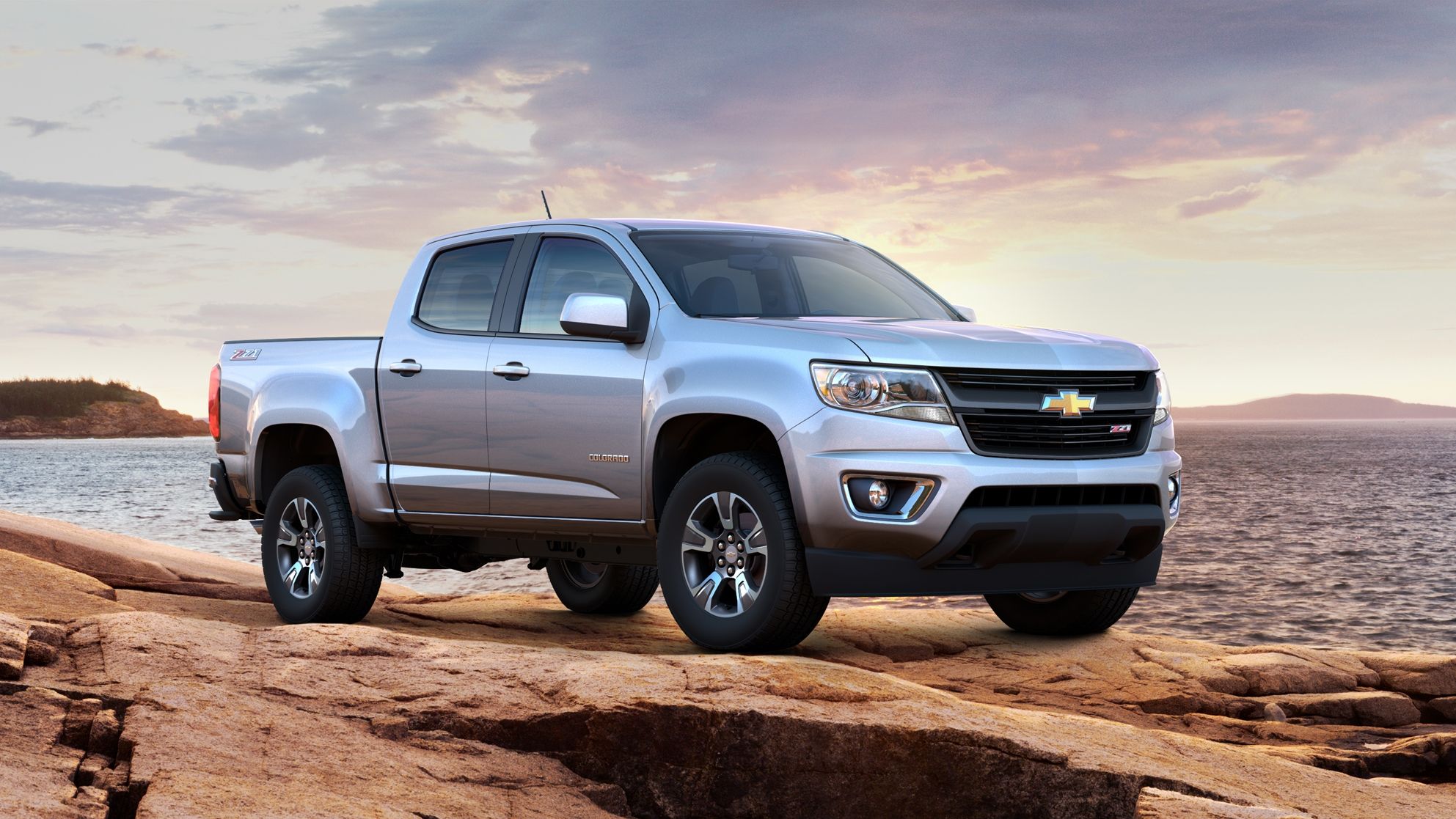General Motors is not messing around. The American automaker is reportedly pushing forward with plans to develop carbon fiber beds on its pickup trucks. The decision to use the lightweight but expensive material is seen as an attempt by GM to elevate the status of its pickup trucks, specifically the premium trims. There’s no exact timetable on when these lightweight beds will hit the market, but The Wall Street Journal report indicates that it could be ready in two years or by the time the next-generation pickups from Chevy and GMC hit the market.
From a functional standpoint, using carbon fiber on the beds of pickup trucks is a massive step forward. The material is stronger and lighter than either steel or aluminum. It’s also less susceptible to getting damaged, owing to the strength of the material.
That said, there is a cost to using the lightweight material. Literally, developing, forming, and manufacturing carbon fiber is an expensive exercise. That’s one of the reasons why the material is traditionally used by exotic car manufacturers. If General Motors pushes forward with using carbon fiber on its pickups, it’s going to need to come to terms with the inevitable price increase that comes with developing the material. The increased cost is one of the reasons why GM is reportedly limiting the use of carbon fiber to the highest trim levels of its pickups. That makes sense.
It would also be interesting to see how GM navigates around using the exotic material on its pickups given the costs that come in developing it. The market accounts for roughly 15 percent of the overall automotive segment in the US.
For the General’s sake, let’s hope that its decision to turn to the premium material turns out better for the company than the time it experimented with a plastic composite “Pro-Tec” bed back in the early 2000s. The development of that material cost GM tens of millions of dollars, but it bombed spectacularly when the company charged it as an $850 option, pricing out its customers in the process. The option was yanked after just two years.
References
Read more General Motors news.

